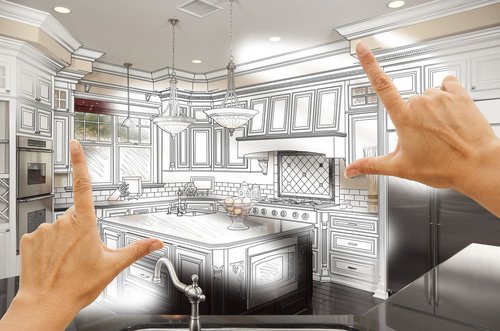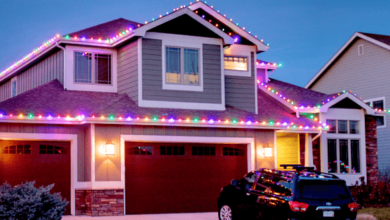Home Remodeling Mistakes to Avoid – Guide (2024)

Home remodeling can transform your living space into a dream home. However, without careful planning, it can quickly become a nightmare. Whether you’re updating a single room or embarking on a full-scale renovation, avoiding common mistakes is crucial to ensure a smooth process and satisfactory results.
In this guide, we’ll explore key mistakes to avoid in your remodeling project and offer tips to help you make informed decisions.
Remodeling Mistakes to Avoid
1. Lack of Planning
One of the biggest mistakes homeowners make is diving into a remodeling project without adequate planning. Effective planning involves more than just picking colors and materials. It includes defining the scope of work, setting a realistic budget, and considering the impact on your daily life.
Start by creating a detailed plan that outlines your goals, timeline, and potential challenges. This approach helps in avoiding surprises and ensures that the project aligns with your expectations.
2. Ignoring Budget
Budget overruns are common in home remodeling projects. To avoid this, start by establishing a clear and realistic budget. Include a contingency fund for unexpected expenses, which is typically around 10-20% of the total budget. Research and compare costs for materials and labor to avoid overspending.
According to the National Association of Home Builders (NAHB), the average cost of a kitchen remodel ranges from $13,000 to $37,000, depending on the extent of the changes and the quality of materials used (source: NAHB).
3. Choosing the Wrong Contractors
Hiring the right contractors is crucial for a successful remodeling project. Reliable contractors can be found through referrals, online reviews, and professional organizations like the National Association of the Remodeling Industry (NARI).
MyHomeUS offers a platform to connect with qualified contractors for home remodeling. Take time to interview potential contractors, check their references, and review their previous work. A well-chosen contractor will not only adhere to timelines but also ensure quality workmanship.
4. Skipping Permits
Many homeowners overlook the importance of securing permits for remodeling projects. Permits are required for significant changes, such as structural modifications, electrical work, and plumbing updates. Skipping this step can result in fines, delays, and complications when selling your home.
The International Code Council (ICC) provides guidelines on when permits are necessary, and local regulations may vary. Always check with your local municipality to understand the requirements for your project (source: ICC).
5. Overlooking Design Details
Design is more than aesthetics. It impacts functionality and comfort. When planning your remodel, consider the layout, flow, and purpose of each space. Think about how the changes will enhance your lifestyle and address your needs.
For example, in a kitchen remodel, the placement of appliances and storage solutions should be planned to maximize efficiency and usability. Hiring an interior designer can help in making thoughtful decisions about design and layout.
6. Neglecting Quality Materials
Investing in high-quality materials can save you money in the long run. While it may be tempting to choose cheaper options to stay within budget, low-quality materials often result in more frequent repairs and replacements.
For instance, high-quality flooring, fixtures, and appliances not only enhance the appearance of your home but also offer greater durability and longevity. According to Remodeling Magazine, high-quality materials can increase the return on investment (ROI) for your remodeling project (source: Remodeling Magazine).
7. Underestimating Time Frames
Home remodeling projects often take longer than anticipated. To manage expectations and avoid frustration, establish a realistic timeline for your project. Discuss time estimates with your contractor and consider potential delays due to unforeseen issues. It’s wise to plan for additional time beyond the initial estimate to account for any complications that may arise.
8. DIY Mistakes
While DIY projects can be cost-effective and fulfilling, some aspects of remodeling are best left to professionals. Complex tasks like electrical work, plumbing, and structural changes require specialized skills and knowledge. Attempting these tasks without proper expertise can lead to costly errors and safety hazards. Know your limits and hire professionals for tasks beyond your capabilities.
Conclusion
Remodeling your home can be an exciting and rewarding experience when approached with careful planning and consideration. By avoiding common mistakes such as lack of planning, budget overruns, choosing the wrong contractors, skipping permits, overlooking design details, neglecting quality materials, underestimating time frames, and DIY errors, you can achieve a successful outcome and enjoy your newly remodeled space.





